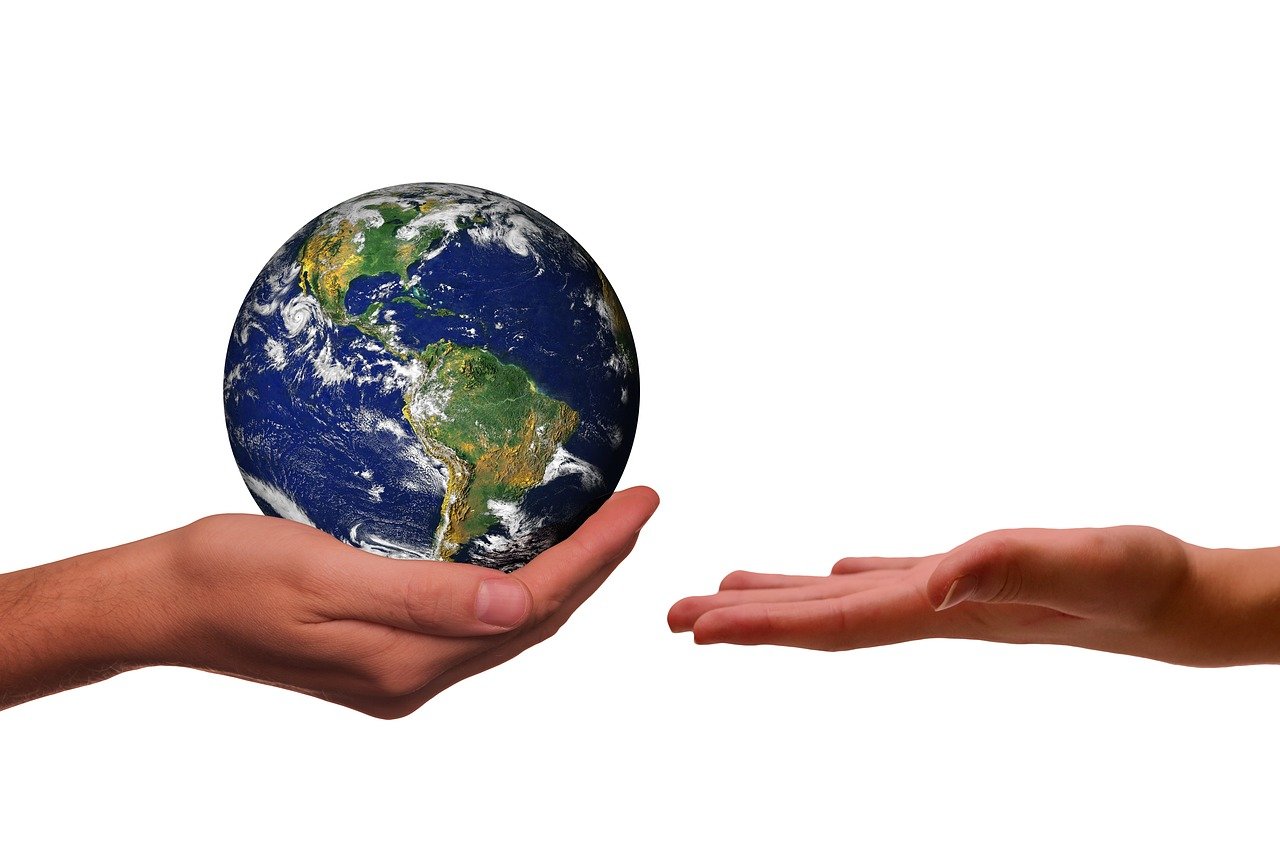As we approach the end of the year, brands are looking for ways to bring a renewed sense of positivity and purpose to their customers in 2021. With an impending recalibration of nationally relevant narratives, brands and consumers alike are seeking new ways to bring about real change and impact. While it can’t be overstated how deeply or importantly the pandemic and social justice issues have focused our collective consciousness throughout 2020, the time will come to direct our energies once more to the even larger, and ever-present challenge – saving our planet.
As politicians and governments remain crippled by their own inability to lead decisively, leaving citizens to fend for themselves, there is a relatively phenomenon in global economics where businesses are taking up the charge on making change. We’ve reached an important crossroads in how big consumer businesses live in the world. Are the crises we face now a test run for big brands to be better?
In recent history, this brand activism has been led by small brands doing their best to inspire change, but we believe it is increasingly evident that it is the big brands that have the power to truly save us. While small businesses, startups and direct-to-consumer brands have been incredible about making sustainability core to their businesses, the most dramatic change will come when the biggest brands in the world make protecting the environment core to how they operate. When economies of scale are enacted, tectonic shifts occur.
This is not to downplay the value these small businesses have graced the market with. Their beliefs and practices have made a real environmental impact. Taken together, there’s an even larger benefit these companies have created through leaving big business wondering why, in many cases, these higher priced goods are stealing bits of their share.
So imagine the impact when a big global entity, like Danone, commits to becoming a certified B Corporation.
Becoming a B Corp is an illustrious title, only earned by companies dedicated to using their business as a force for good, balancing profit and purpose. And Danone has already achieved that certification here in the US, with Danone North America becoming the largest Certified B Corporation® in the world — two years ahead of its declared target.
They’ve aligned their goals with the United Nations Sustainable Development goals, aiming higher than many governments around the world. And they sell yogurt.
While there are 2,300 certified B Corps globally, far too few are of the scale Danone reaches. Patagonia is one we all know, though Gap’s Athleta may not be as obvious. In the US, the list from there dives into a slate of DTC brands like Bombas, AllBirds, Leesa, Frank and Oak and Uncommon Goods. And these are just the successful ones, plenty more are fledgling, about to take off. Yet they’re microscopic in the shadow of the legacy brands that tower over them.
In our industry, conversations today revolve around “getting through the rest of the year,” a necessarily short field of vision required for survival, suggesting that conversations on the eternal issue of environmental sustainability will have to wait until next year. But there’s evidence that a shift in brands’ willingness to take the lead, while governments don’t, has already emerged.
Our current reality demonstrates why we believe big brands will start to fight for the health of the planet: they’re already doing it for the health of people. From H&M pivoting their production lines to make face masks, to Nike manufacturing full face shields for frontline workers, to Ford making reusable medical gowns from airbag material, there has been an acceleration of global consumer brands standing up for the greater good.
The muscle-memory developed from such tactics will give them and others of their scale the strength, if they choose to employ it, to make an even larger and more vital societal and environmental impact. At a minimum, pandemic-driven business shifts to make PPE prove that things can be changed quickly. Those that choose not to take advantage of their new-found dexterity risk becoming irrelevant to pandemic-scarred consumers and employees, more conscious than ever of supporting and working for brands that share their reaffirmed commitment to creating a healthier, more sustainable future.
When that happens, we will enter a whole new era of transformation, because sustainability will be table stakes. Alternatively, our hope is that the next corporate muscle-flex will become an on-going competition for the title of largest B Corp in the world. And that’s when the real change will come.
Genevieve Hoey is managing partner and executive creative director and Tara Fray is managing partner and head of Strategy at Alto New York.
